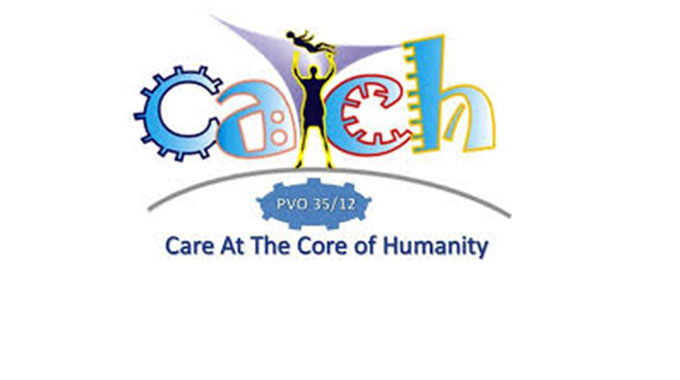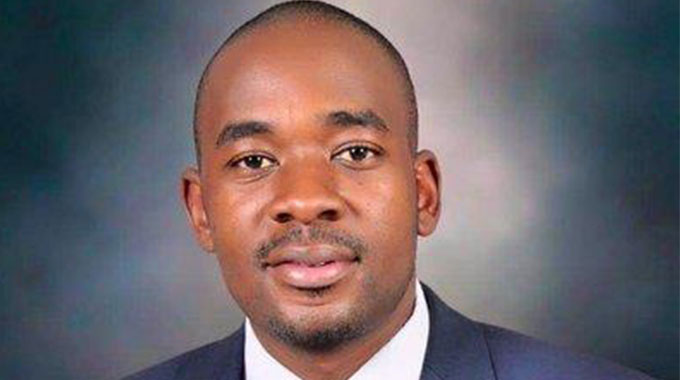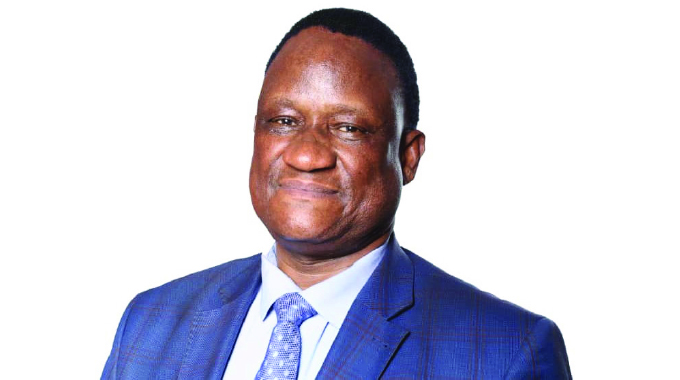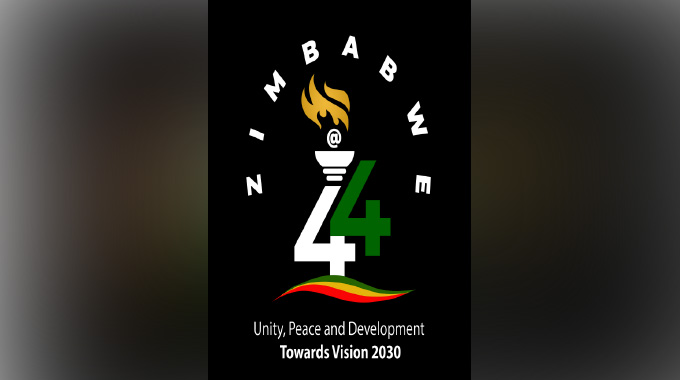Letters to the Editor: Supporting children in conflict with the law

Nigel Kaseke, Correspondent
Care at the Core of Humanity abbreviated as CATCH, was founded in 2007 by Maxwell Chambari who is also the executive director of the organisation.
Its mandate is to assist and advocate for child rights focusing on children in conflict and contact with the law.
The organisation utilises a socio-legal model that ensures every child receives legal advice as well as psycho-social support.
CATCH headquarters are found in the capital city of Harare with eight branches nationwide that also fight for the rights of children and against gender-based violence.
The second decade of the new millennium has proven that the organisation which started from a humble beginning as a dream to make the world a better place is now making a difference and increasing access to justice for disadvantaged children.
They further assist children in conflict with the law by offering rehabilitation services.
By visiting children in detention, the organisation ensures and advocates for the children to be treated justly and in accordance to the constitution and giving them the assistance and services necessary to seamlessly integrate back into the society.
Children in conflict with the law need assistance as they are still minors and at times do commit crimes not knowing or due to certain social or economic factors which may be against the law and it is very important not to outcast them but rather to help them go for rehabilitation and to be accepted back in society.
But then the organisation has witnessed certain hindrances that affect them such as some of the children not being forth coming and compromising to receive assistance from the organisation as they may be psychologically affected and hence trying to defend themselves in the end against arrest or abuse.
Providing counselling and guidance to both the parents/guardians, is one of the roles which the organisation tackles.
There have been instances where the families may not be willing to liaise with CATCH in fear they may be law enforcement officers who may arrest the minors and in return shun them.
Consequently, they are trying to reach out to the people that their main objective is to help and build a better life for the people in the community.
Most of these children come from families that are broken and have experienced so much pain.
In order to ease the pain, they shift to the use of alcohol and drugs and in the end commit crimes that result in conflict with the law.
These children need emotional support to deal with all these problems and that is where the organisation comes in to help.
Zimbabwe in conjunction with the rest of the world are fighting against gender-based violence and implementation for peace. CATCH offers GBV response and prevention in one of their projects, which have been doing awareness campaigns nationwide to fight against GBV.
It is highly important to give counselling to all survivors affected by sexual based violence. However, challenges have also hindered in the way of trying to help people affected by GBV as some of them are psychologically affected and in fear of exposing the perpetrators of violence hence in the end they create shells to protect themselves and further suffer from depression.
CATCH also consists of legal practitioners who can also provide legal consultancy to people that may not know the best way to address a situation which they may have encountered and further direct them through the best channels. CATCH amplifies the voice of those that have not been allowed to speak or do not know who to speak to or what to say.
The organisation’s main objective in their fight against gender-based-violence is to reduce the spread of HIV (Human Immunodeficiency Virus) and child marriages while advocating for gender equality. Information dissemination is being spread to both men and women nationwide to try and prevent GBV.
They offer legal and social support to the affected people.
Care at the Core of Humanity stretches to the age of twenty-four which is in line with the United Nations definition of youth. Marginalised groups are often neglected and outcast by the society.
Therefore, CATCH works to adhere to the principles of social inclusion by ensuring that marginalised groups within society such as those that are differently abled, children, the girl child and the financially impoverished have easy access to its services. Working closely with Government departments has helped them to achieve their aims and objectives and they are open to any assistance from any donors as to give help to the community across Zimbabwe.










Comments